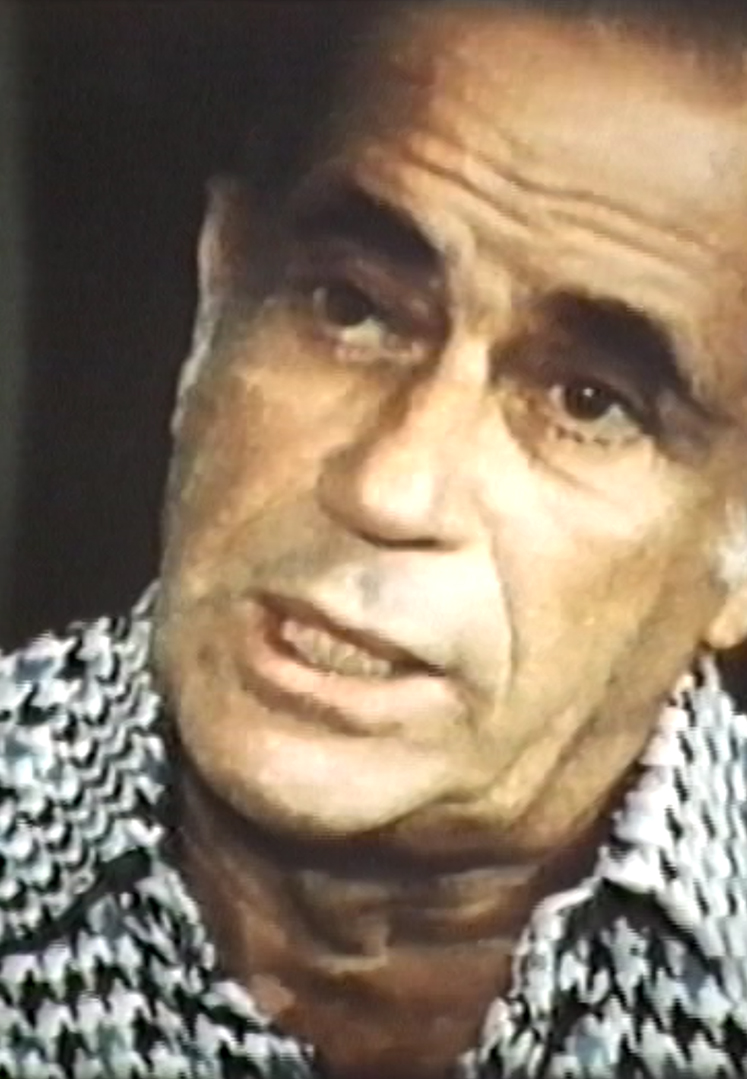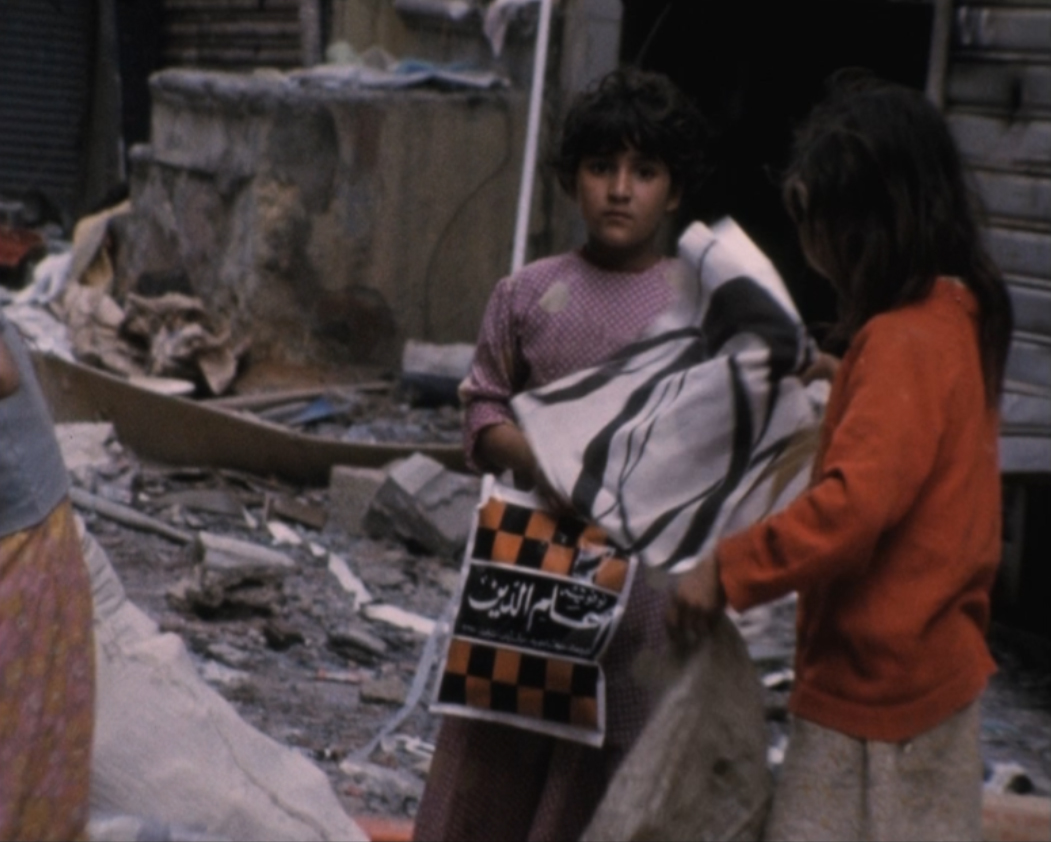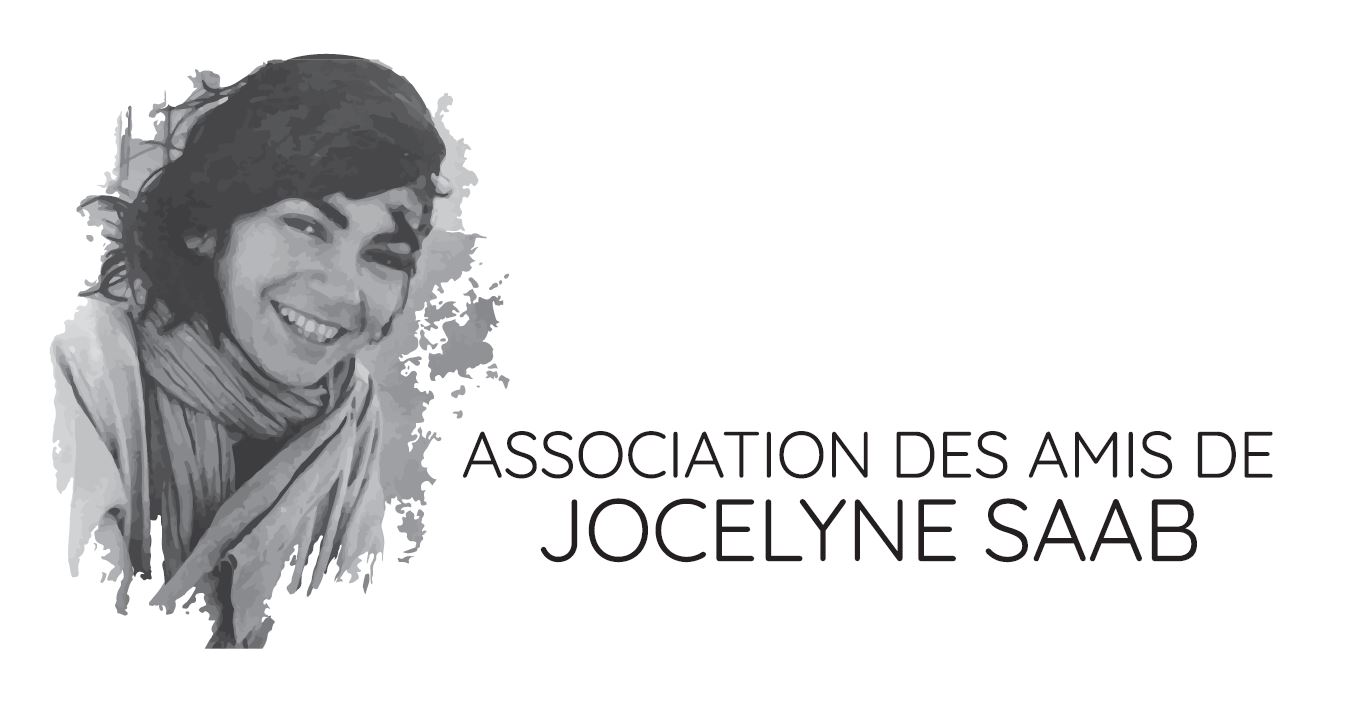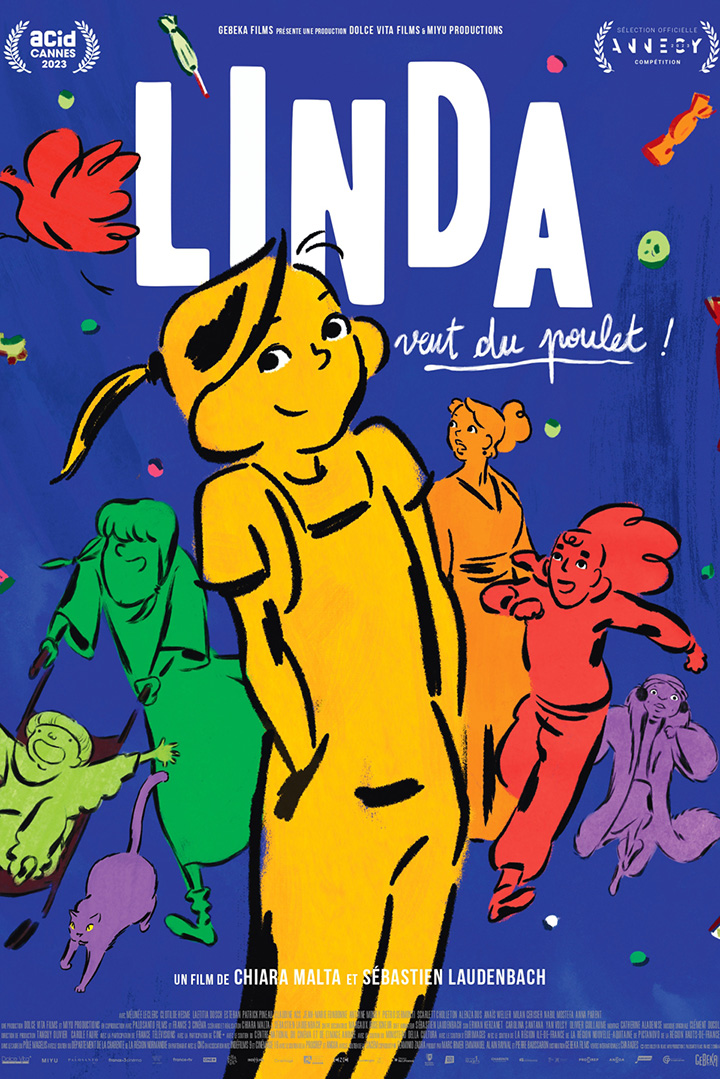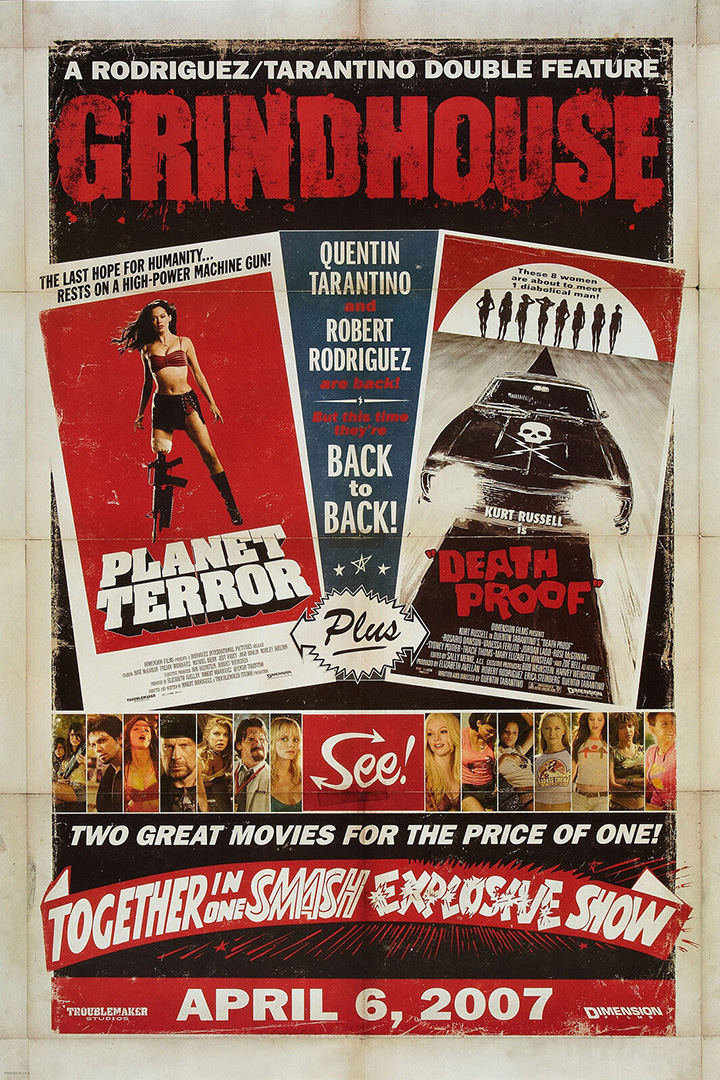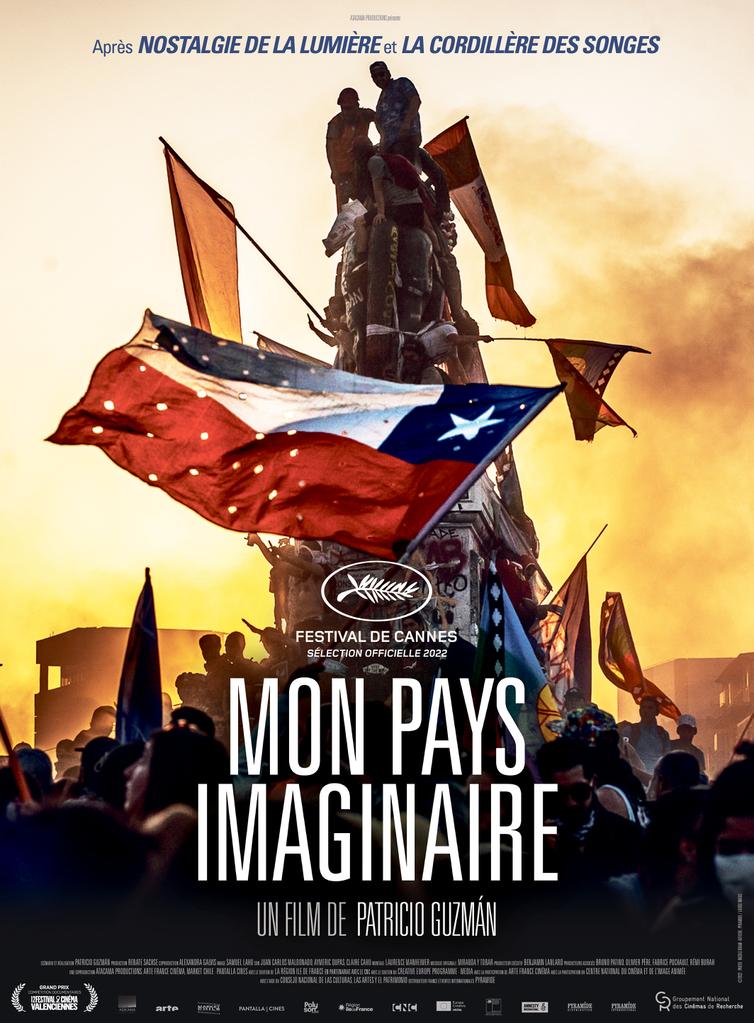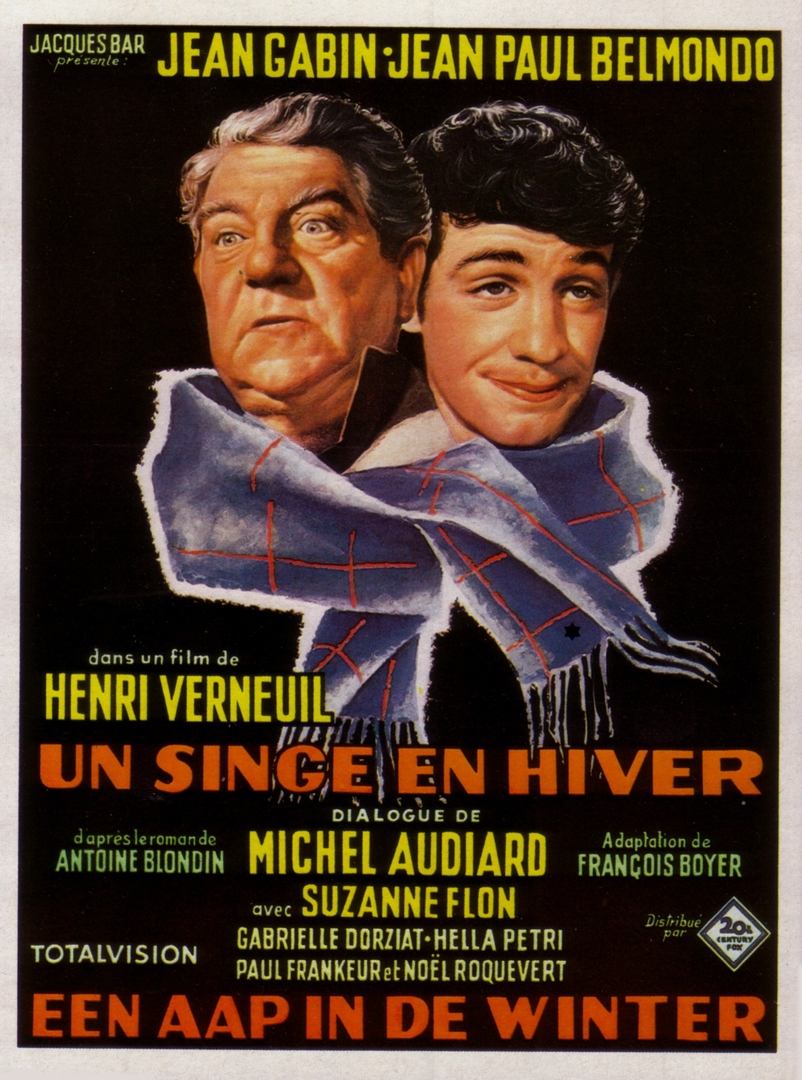The two years war
Jocelyne Saab avait déjà couvert la guerre d'Octobre et la guerre au Kurdistan quand elle décide de rentrer au Liban documenter l'escalade de violence qui a conduit à une guerre civile qui a duré quinze ans. De 1974 à 1982, Jocelyne Saab filme les murs en ruines de la Beyrouth de son enfance et la lutte des civils pour leur dignité. Elle construit peu à peu un langage cinématographique où le politique tire sa force dans la poésie du geste, pour dépasser l'horreur de la mort et l'absurdité d'un conflit fratricide. Après une douzaine de films sur le sujet, elle accompagne en 1982 le départ des Palestiniens du Liban après le siège de Beyrouth-Ouest. Elle tourne elle aussi le regard vers d'autres horizons : après cette grande défaite, elle n'a plus vu Beyrouth que par le prisme de la fiction.
A few days after the Quarantine massacre, in a predominantly Muslim slum in Beirut, Jocelyne Saab follows and meets the surviving children, marked by the horrific visions of the fighting that took place before their eyes. By offering them pencils to draw and by engaging them to play under the eye of her camera, the director finds herself faced with a bitter observation: they no longer know any other game than that of war, which quickly becomes a profession for them as well.
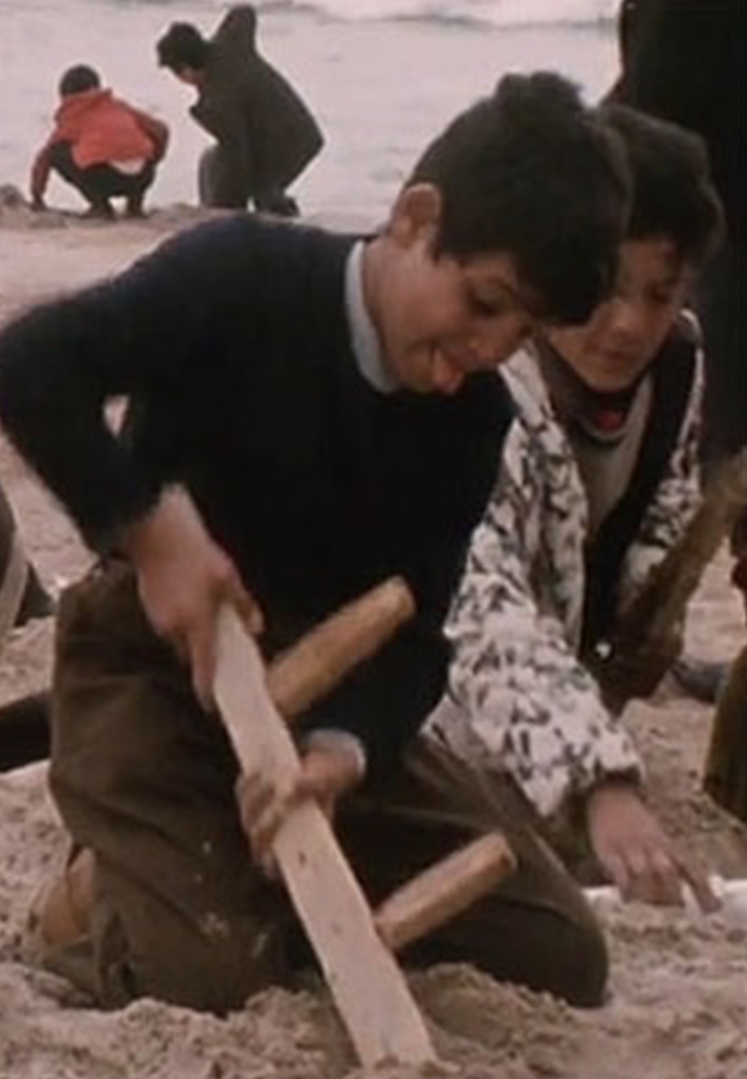
The ceasefire of October 21, 1976, allowed the Fedayeen to return to this Fatah's land in southern Lebanon, to take back from the right-wing militia a region abandoned in 1970. But the Syrians and Israelis joined forces to neutralize the "autonomous force" represented by the Palestinians and blockaded two Lebanese border villages, Hanine and Kfarchouba, before attacking them.
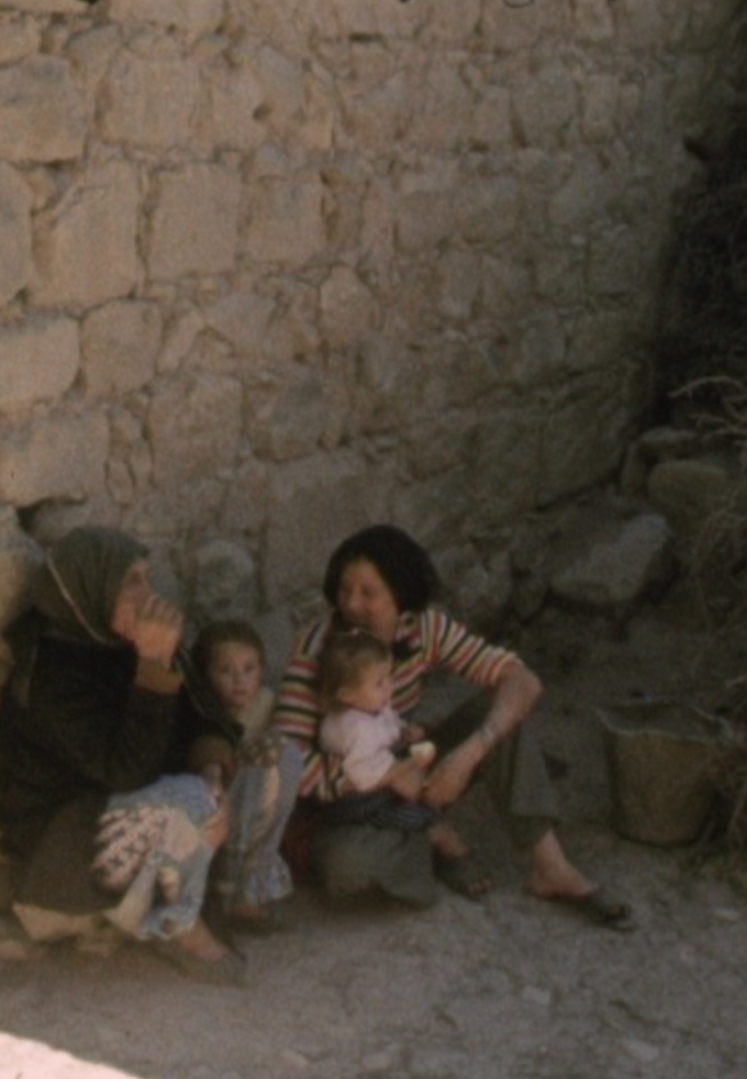
After a year of bloody conflict, Beirut is cut in two. Jocelyne Saab wanders through the city at a time when the militias are at rest, and films from her city what is trying to survive.
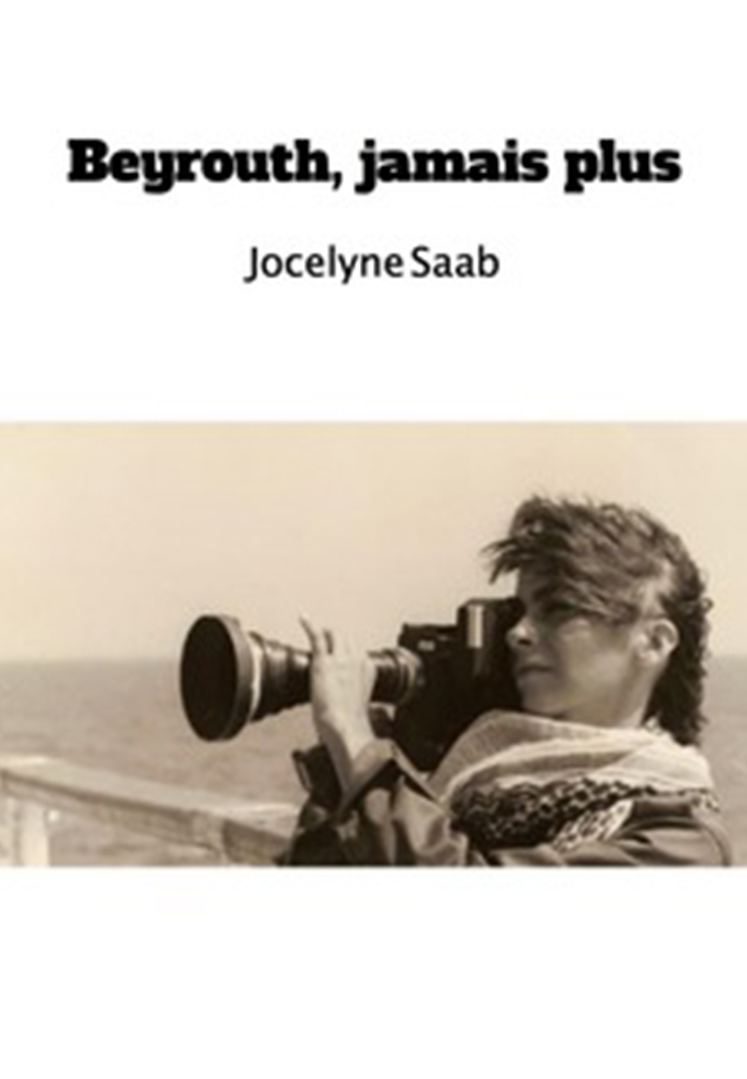
Portrait of Raymond Eddé, presidential candidate and strong opponent of the religious war. During the 1975-1976 conflicts, he and his team actively searched for those killed during the war, whether they were Christians, Druze or Muslims.
